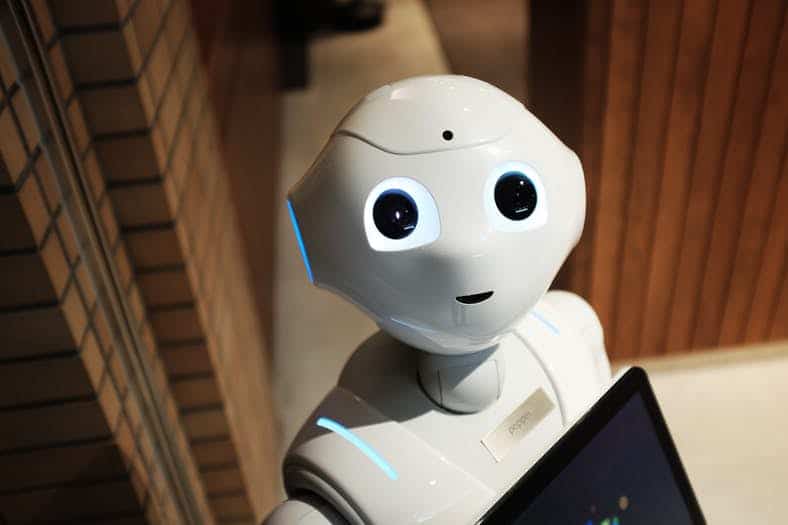Carnegie Mellon University’s School of Computer Science is the country’s first institution to offer an Artificial Intelligence (AI) undergraduate degree. A degree at the undergraduate level is an opportunity to correct the low supply and high demand for AI specialists. What training will these specialists undergo?
“According to Reid Simmons, research professor of robotics and computer science and director of the new program, the new degree will offer the same base in computer science and math courses as other computer science programs complimented by AI-related matters such as machine learning and symbolic computation. In addition, the program will focus on the ethics and social responsibility of AI.”
Theory, techniques, and research are to be expected, but are ethics and social responsibility considered add-ons? As AI specialists are produced, will technological ethics keep pace with the development of AI? Will this new wave of young specialists be equipped with sufficient ethical knowledge of the potential pitfalls of AI?
“Lots of people are worried about AI, either because the technology could be abused, manipulated or hacked, or be used to push humans out of the workforce.”
Certainly, AI can improve human life. When considered along with the speed at which new technologies are developed and the lag of the law in this area, the potential for misuse is high.
Carnegie Mellon’s program, though, will address issues of ethics and social responsibility. “This will include independent study opportunities in using AI for social good, such as improving transportation, health care or education,” the university said.
An emphasis on social good sounds promising. It seems as though Carnegie Mellon is attempting to address ethics considerations in the training of students who intend to participate in the creation of intelligent machines. On the university’s website, there are three ethics “elective” options of which students are required to choose one. Is one ethics course enough?
Reality Changing Observations:
1. What social responsibility do universities have in educating ethical AI specialists?
2. What responsibilities do AI specialists have for the ethical use of their technologies?
3. What ethical and social implications do you think should be considered when creating intelligent machines?





